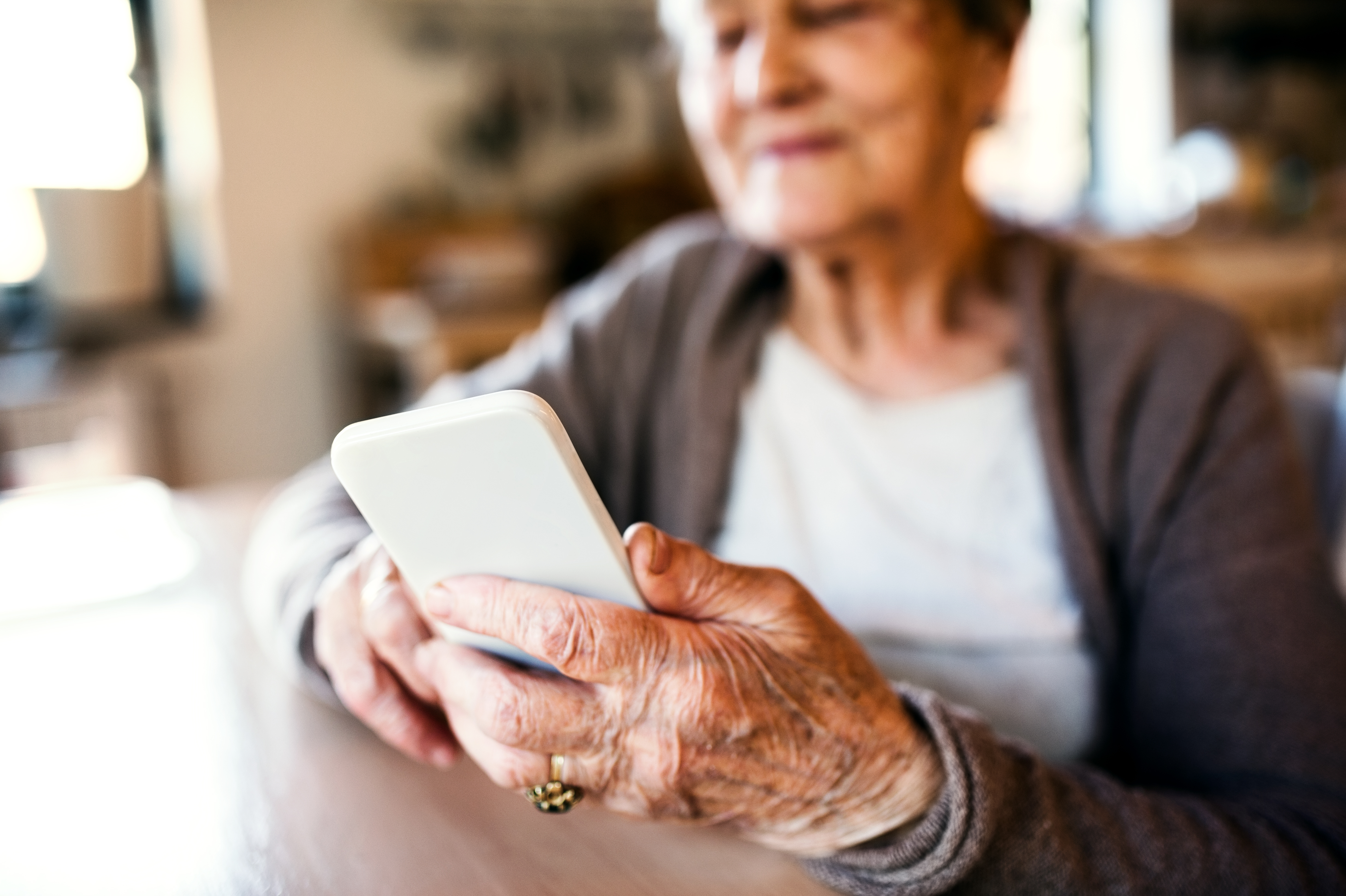AARP Hearing Center

Even in the best of times, social isolation is a significant problem. In Massachusetts, 540,250 people over the age of 50 live alone and are at higher risk of social isolation, which is now magnified by the “social distancing” requirements across the country.
That’s worrisome. In fact, the World Health Organization was so concerned that the “social distancing” directive was contributing to isolation that it has modified the wording of its guidance: It now urges people to practice “physical distancing” to prevent the spread of the virus.
Make no mistake: The long-term effects of social isolation are very real. Over a prolonged period, the impact of social isolation is as harmful to an individual as smoking 15 cigarettes a day. In fact, isolation is more dangerous to one’s health than obesity, and it’s linked to a greater likelihood of early death, accelerated cognitive decline, poor cardiovascular function, stroke and depression in adults 50 and older.
We may have all scaled back our personal interactions to stay safe, but that doesn’t mean we have to be alone. Today’s technology offers myriad ways to keep in touch with family, friends, neighbors and loved ones.
Here are some steps to stay connected:
· Measure your risk for isolation – or that of your loved one – at AARP Foundation’s Connect2Affect.org. This platform also provides lists of community assistance programs for medical care, food, and job training.
· Plug into the growing number of mutual aid groups that organize volunteers to assist older neighbors by, for example, picking up prescriptions or going grocery shopping for them. AARP recently launched the “Community Connections” tool, also in Spanish at www.aarp.org/MiComunidad, to help you find a group in your area. You can also request a “friendly call” from an AARP volunteer through the website or by calling 1-888-281-0145.
· Go virtual. Many in-person activities are now being offered online. Your local fitness center, for example, might be offering virtual exercise classes. Or perhaps your book club now meets online. AARP’s website [www.aarp.org/coronavirus] offers daily fitness videos, links to movies that stream online, and other ideas to stay active and engaged during this difficult time.
· Volunteer to provide critical services. It’s a way to assist others while also helping you find purpose and avoid isolation. Mentors and tutors, for example, are always in high demand and both roles can easily be filled remotely. You might also want to volunteer to answer helpline calls related to the pandemic. Visit https://createthegood.aarp.org.
· Identify vulnerable older adults in your family or neighborhood and make a plan to have someone reach out to them on a regular basis by phone, text, email or virtual chat. This is an excellent opportunity to introduce someone unacquainted with Zoom, Skype or Facetime to this new method of communication.
· If you are working from home, consider virtual lunches or happy hours. It’s important to take time to catch up with your colleagues on a more informal level. (And you might even glean a few tips on successfully navigating the new world of telework.)
· Go old school. Reach out to a family member or friend by sending a letter or postcard. Enclose a photo or two in the letter to spark a fond memory.
“Physical distancing, so critical right now, does not have to mean social disconnection. We can maintain and even increase our social connectedness during this difficult time,” says Lisa Marsh Ryerson, President of AARP Foundation, which is exploring creative ways to help older adults connect and stay connected — to each other and to their communities.
If there is one thing that this pandemic has made clear, it’s that personal connections are immensely valuable and sorely missed. Let’s resolve to keep those links strong and vibrant during this crisis, especially for our most vulnerable family, friends and neighbors.































































